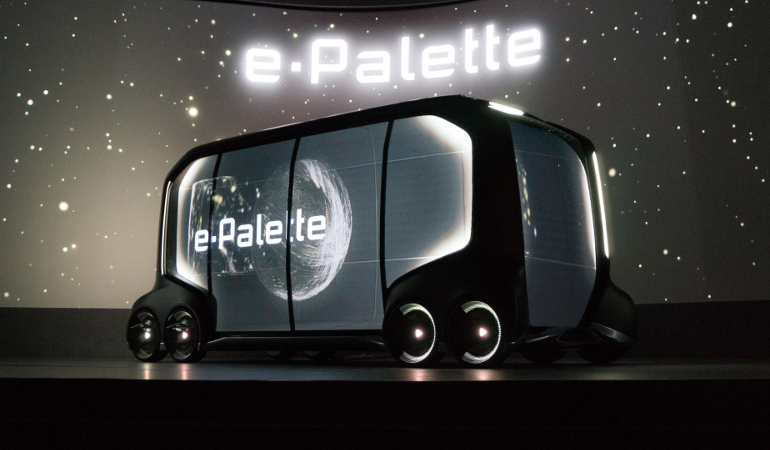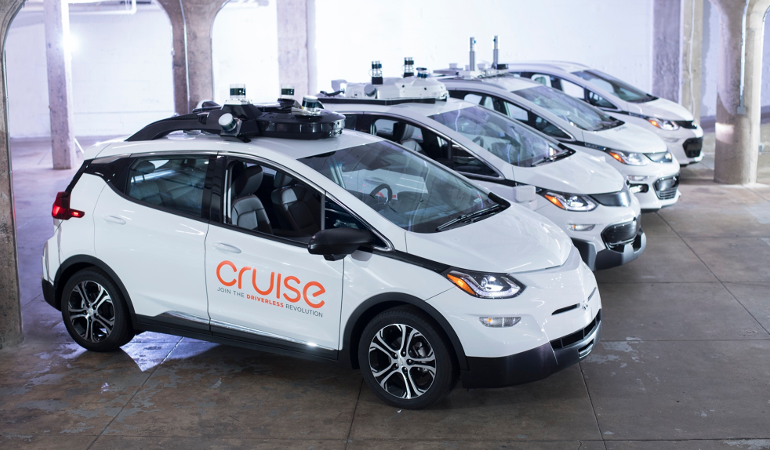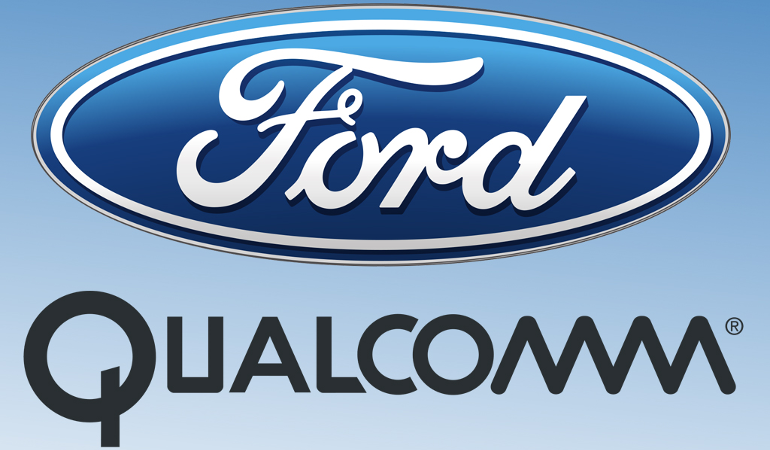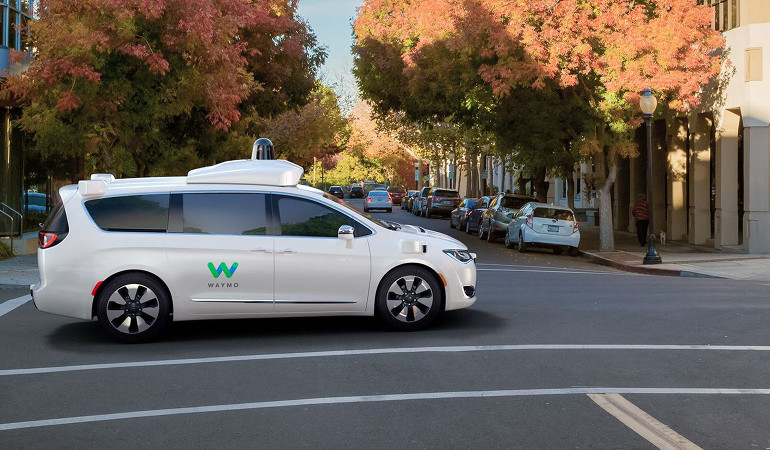Challenges of the Automotive Industry in the Face of Autonomous Driving


Today, the race for an autonomous car is a team competition. And many companies have already found their teammates from other industries. Take Toyota, for example, which recently announced its list of partners at the Consumer Electronics Show 2018. Amazon, Uber, and Pizza Hut are among them. Toyota’s new autonomous car is the e-Palette, a vehicle designed for different lifestyles and businesses including e-commerce and package delivery.


Two years ago, General Motors bought a Silicon Valley startup called Cruise Automation that focused on the development of autonomous vehicle technologies. This year, GM and Cruise revealed their fourth-generation autonomous and fully electric car, the Cruise AV, which has no steering wheel. The vehicle is production-ready and will be deployed in 2019. Renault, Nissan, and Mitsubishi are also betting on startups. The famous Auto Alliance has said it’s planning to invest $1 billion in automotive technology startups during the next five years.


Automotive manufacturers collaborate with both hardware and software suppliers. Tesla, Volvo, Airbus, Uber, and Bosch are just some of the 370 partners of Nvidia, the leading chip supplier for autonomous cars. The Ford Motor Company, Audi Group, and 5G Automotive Association work with Qualcomm, which makes wireless technologies for connected cars.


Tech giants are looking for established car manufacturers to test their technologies. Fiat Chrysler is partnering with Waymo. Apple has recently signed a deal with Volkswagen. No doubt there are many more partnerships to come because to get an autonomous car to market, it takes a deal more than just manufacturing, but also software comes to play.
The impact of self-driving cars on the auto industry is immense. Autonomous vehicle technology is transforming the automotive market. Although they are still trusted more than any other player, traditional car manufacturers no longer hold the dominant position in the value chain or the vehicle’s value share.
New technologies create opportunities for other players to get a larger bite of the market. Tech companies, mobility providers, and new OEMs are creating serious competition for traditional automotive manufacturers. Since autonomous vehicles depend on software even more than on hardware, tech companies can take the lead.
Nobody knows, however, who’s going to win the autonomous car race. But one thing’s for sure: it won’t be a single player. Only a team that consists of a traditional auto manufacturer and focused tech professionals can overcome the challenges for the automotive industry and bring innovative technology to market.
___________________________________________________________________
If you’re looking for a software vendor to team up with, contact Intellias. We’re one of the leading Tier 2 companies in Eastern Europe, with 15 years of software engineering experience and extended expertise in automotive R&D.
